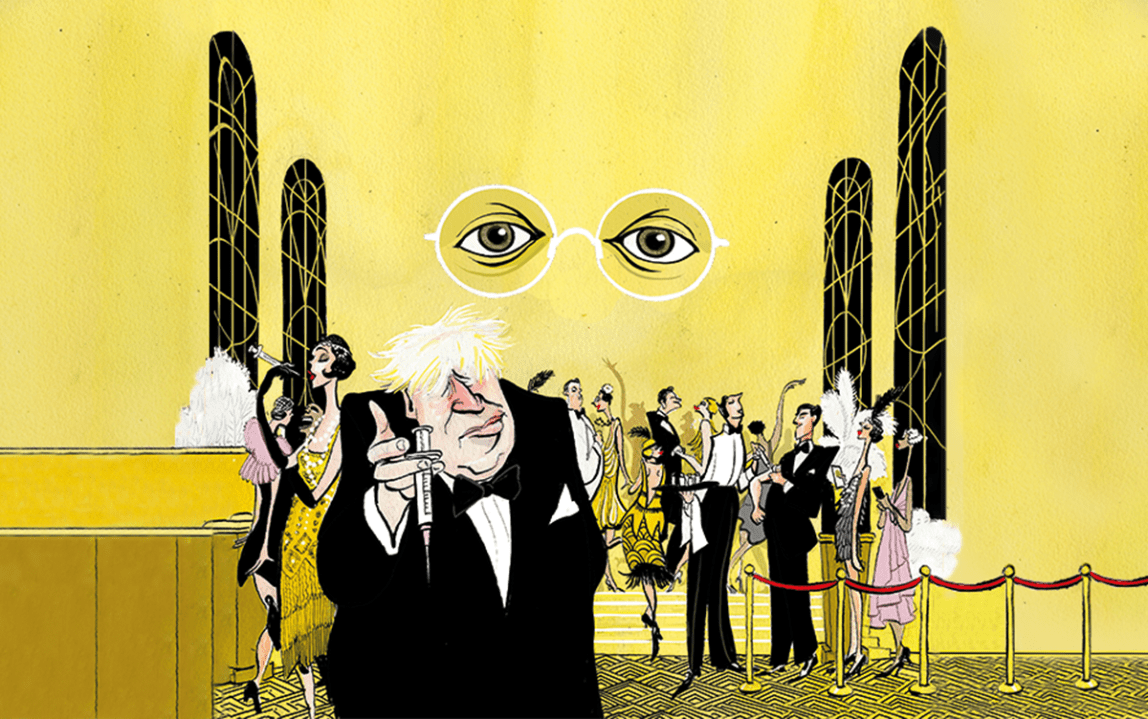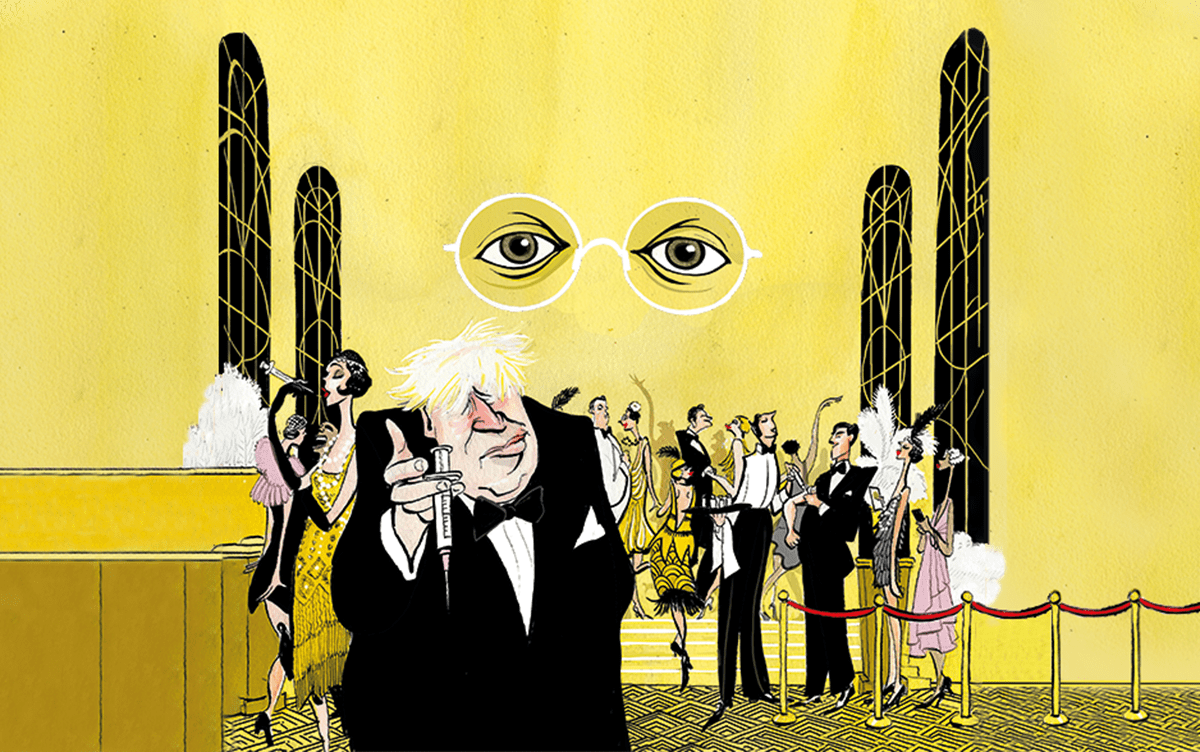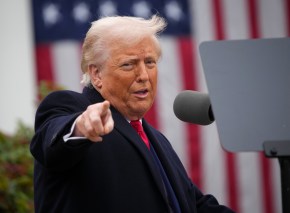For most of this year, Boris Johnson’s proudest boast has been that Britain had the fastest vaccine rollout of almost any country in the world. The jabs were seen as our passport to freedom and the end of restrictions. Early indications among both old and young suggested similar excitement to get vaccinated. When Twickenham stadium opened a pop-up vaccine centre in May to offer 15,000 jabs to the over-18s it drew longer queues than the rugby. Ministers were delighted with the enthusiasm. If this was any sign of what was to come from youth uptake, they thought, the rest of the rollout would be plain sailing.
But now there’s a problem. Plenty of jabs are still on offer, but fewer people want them. Vaccine rollout has slowed to a third of its former pace. Every adult has been offered a jab and just 5 per cent of over-seventies have declined. But among the under-thirties, the hesitancy rate looks closer to 40 per cent.
Progress is still being made but it’s too slow, officials think, to defeat the virus, which is ripping through the population at an exponential pace. The young put their lives on hold for well over a year — but now they’re not co-operating. Ministers have become accustomed to emergency powers at their fingertips and feel inclined to continue using them.
This led to the bizarre sight of Boris Johnson marking what was once called ‘freedom day’ — 19 July — by speaking from Chequers in quarantine and telling the young that unless they take the vaccine they will not be allowed to go to nightclubs come autumn. A negative test will no longer be enough to guarantee entry. A prime minister who would have once rejoiced at the sight of young people tripping the light fantastic seemed barely able to hide his fury at their audacity, that they would dare to enjoy the freedoms restored to them the night before.









Comments
Join the debate for just £1 a month
Be part of the conversation with other Spectator readers by getting your first three months for £3.
UNLOCK ACCESS Just £1 a monthAlready a subscriber? Log in